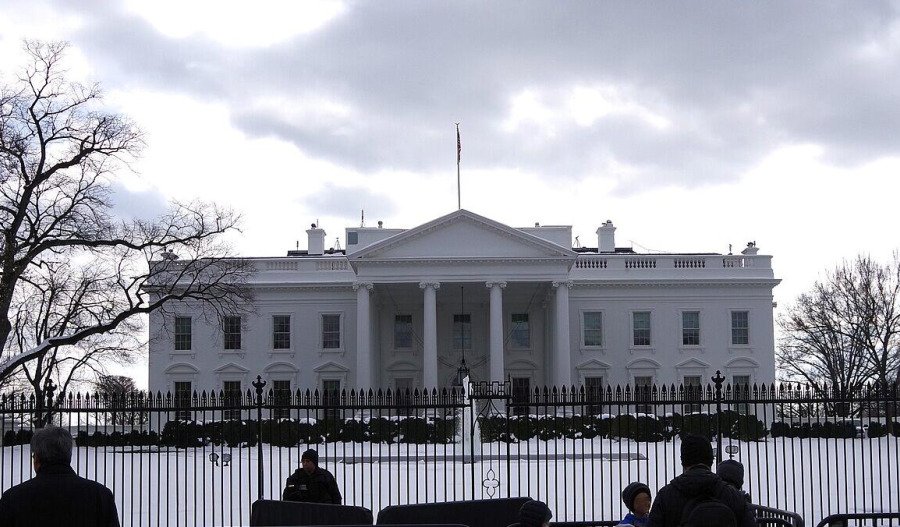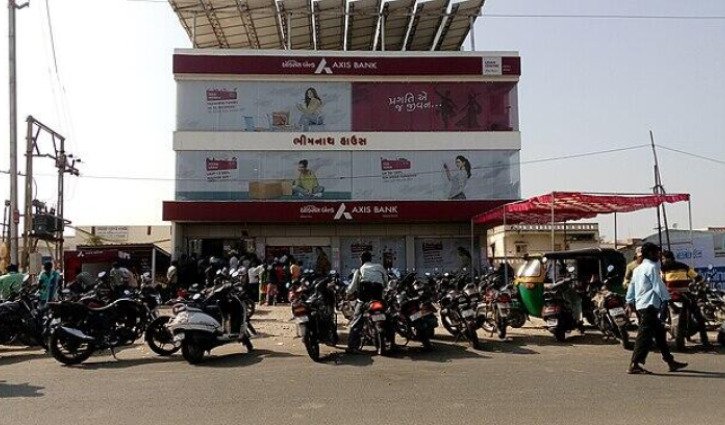Azzet recently caught up with Adelaide-based Partnership Advisory partner, Vik Chopra, for insights into how his advice firm is dialling down the current market uncertainty around trade war impact on global markets.
Azzet: While the ASX200, and global markets have bounced somewhat since the first major trade-war induced selloff, investors remain spooked that major market falls are yet to occur. How are you handling the growing investor fear within these highly volatile markets?
Vik Chopra (VC): Admittedly, it is easier to bring on new clients when markets are strong. But given that we spend a lot of time around a client’s risk appetite for volatility right from day one, we don’t feel the need to twist asset allocations when markets fall over.
Younger clients in accumulation phase shouldn’t be panicking and should have no requirement to cash out which only locks in losses. They’ve got plenty of time to see markets correct. so they should have a healthy exposure to growth assets.
By comparison, we recommend our older investor cohort are heavily exposed to defensive assets, and having 18 months in cash to live off, if necessary, ensures they can ride out volatility rather than having to sell down.
But it is also important to know when to take money off the table, and last November, when market’s looked toppy, we seized the opportunity to lock-in gains and used the proceeds to top up our clients' cash accounts.
Azzet: Are there any investment themes that are really capturing your imagination right now?
VC: Yes, while AI is a dominant theme, we’re more interested in exposure to companies that are trying to monetise the use of AI, plus top-tier companies that are already early adopters of AI across the board.
Given the paucity of technology stocks on the ASX – which represents only around 5% of the global investment world - not looking to offshore markets would be a disservice to our clients.
Azzet: Staying with offshore markets, are there any particular growth markets that are capturing your attention right now?
VC: Yes, one of our focal points is India and I participated in an India Avenue hosted an immersion tour of the sub-continent earlier this year. The country is rapidly transitioning from emerging to developed economy and there’s talk of it doubling in size and becoming a US$ 7 trillion economy by 2030 (from 2023 levels).
Indian stocks have outperformed broad emerging markets for four consecutive years.
The U.S. FDA has been conducting inspections of Indian pharmaceutical companies, including the likes of Sun Pharmaceutical Industries SUNPHARMA (NSE), and Aurobindo Pharma AUROPHARMA (NSE) since 2005 and there are many more of a similar size, 99% of which head for the U.S.
Another vibrant sector in India is defence, which includes stocks like leading defence companies in India, Hindustan Aeronautics Limited (HAL).
Azzet: Last week’s Budget and the upcoming election appear to have done little for investors or the advice sector. What reforms would you like to see?
VC: With cost of living issues impacting all clients, we’d like to see further proof that efforts to reforming financial advice rules will improve access to affordable and quality financial advice. Measures within draft legislation include replacing the statement of advice (SOA) with a more fit-for-purpose client advice record.
One slice of reform I would like to see is for advisers to have access to their clients’ ATO and Super account records, via their MyGov account, to avoid the constant toing and froing.
Then there’s the Compensation for Last Report Scheme (CSLR) – which provides compensation of up to $150,000 to consumers who have been on the receiving end of poor advice.
It’s a mystery to me why all financial advisers have to pay for the sins of a handful of peers, especially when those peers can reincarnate elsewhere in the advice sector without penalty.
We saw this when the former advisers of Dixon Advisory were folded into parent company, Evan and Partners without any of the $7.2 million fine or $800,000 in court costs being paid after it entered voluntary administration in January 2022.
The poor old adviser is now copping a $3,500 CSLR annual levy as the cost of doing business in this sector.
Azzet: Finally, in light of current geopolitical dynamics, how do you expect markets to perform this year?
VC: Despite fear and uncertainty around where tariffs will finally land, our advice to accumulators with decades until retirement is to simply ride it out. But overall, we 'readvising our clients to expect mid to low single total returns this year of between 5-9%.
Azzet: According to a report from Netwealth, almost half of advised clients (43%) attribute the reason for ending the relationship with their financial adviser to the cost of advice. How do you justify the costs you charge clients?
VC: Our stance is that while the cost is what you pay, the bigger issue is where we as advisers adds value. We’re hoping that the true value of underlying advice will be better reflected within future regulatory reforms.



